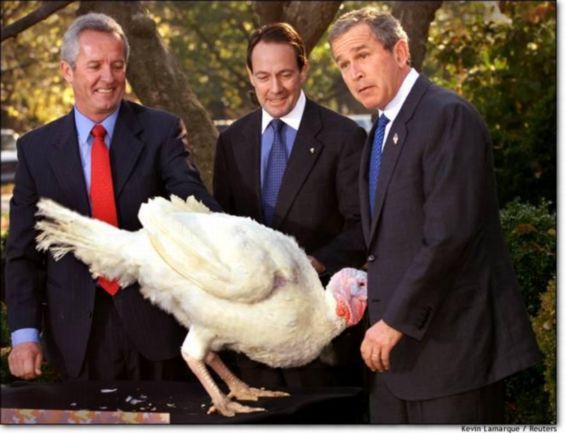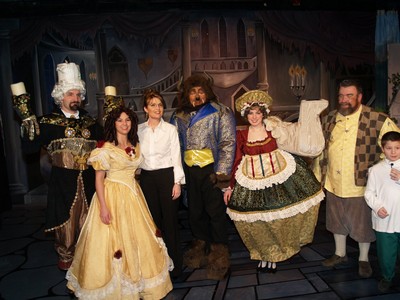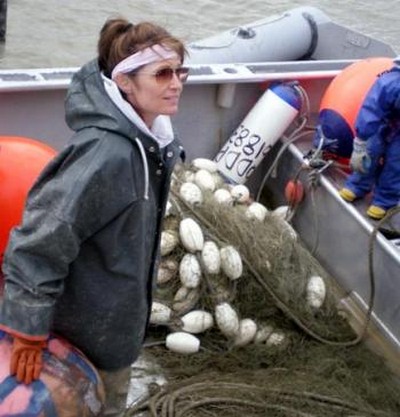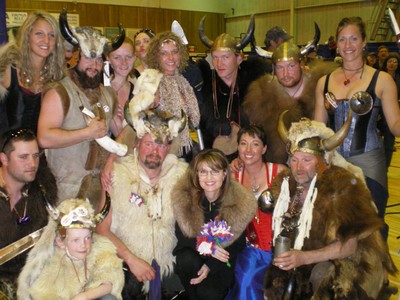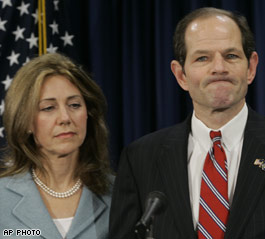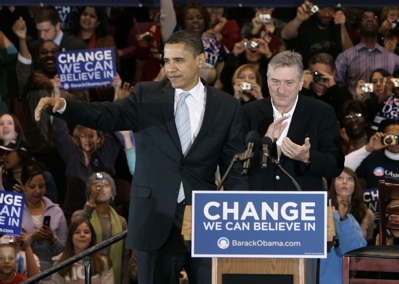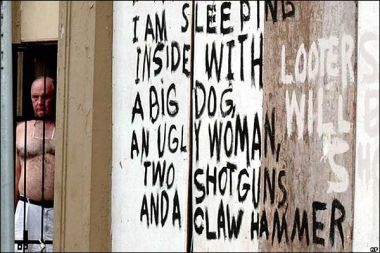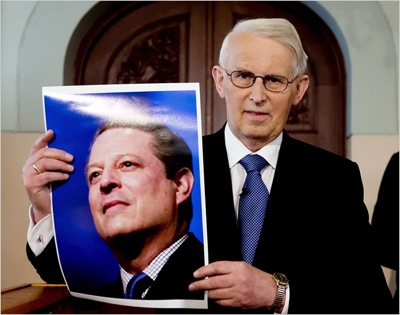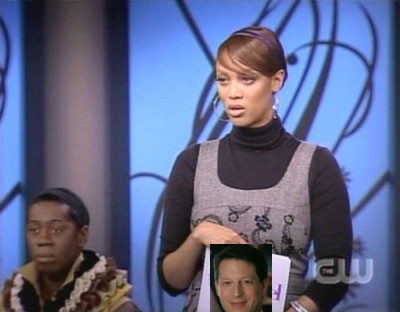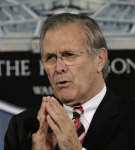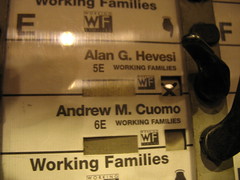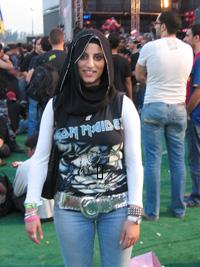
If you watched MTV in August 1989, you probably remember all the news reports about the Moscow Music Peace Festival, or in the words of Sebastian Bach, "Rocknost". The concert, which happened just a few months before the Berlin Wall came down, was the first huge western rock concert in the Soviet Union and represented its unstoppable shift toward democracy and cultural freedom.
Of course, it was a metal concert. The bands included Motley Crue, Cinderella, Ozzy Osbourne, Bon Jovi, and Skid Row, and showed that the great unifier that spanned the Iron Curtain was big hair and guitar solos. Ironically, the supposed message of the concert was the war on drugs, which wasn't exactly reflected in the bands' behavior. Ozzy says that it was after this concert that he got so drunk that he famously tried to kill his wife, Sharon.
But the legacy of cultural and political change through music remains. A few years ago, Lionel Ritchie did a concert in the newly pro-Western Libya. In an interview, he shared his belief that music can be a more powerful force than diplomacy in mending political differences:
"I have seen it where in many many populations of the world, politics they couldn't agree on, religion they couldn't agree on. You bring a musical artist in, it translates totally into another realm, and I think that what's going to happen now, that by this being the door to open, you're going to see a change in this country, I can almost guarantee it."
Lionel Ritchie is apparently also huge in Iraq: "Iraqis who do not understand a word of English can sing an entire Lionel Richie song."
So now Iran, a country in which all Western pop music with lyrics is banned and the government censors Iranian albums before they're released, has agreed to host a concert with Western artists. Who is going to represent freedom and democracy at this pivotal cultural event, our decade's Rocknost?
Chris de Burgh. The man who gave wretched life to a leading contender for the Worst Song Ever, "Lady in Red", will perform later this year at a stadium in Tehran, with an Iranian band. Apparently he's very popular.
Despite this devastating blow to the prospect of mutual understanding between the East and the West, I think the concept still holds promise. While Chris de Burgh is obviously a terrible choice for this Iranian concert, other artists could make some real progress in bridging our differences. Metal is universally and timelessly loved by teens around the world, especially kids who live in an oppressive political environment that's on the verge of a huge cultural shift. Basically, if the US considers a country our enemy, then that nation's kids are the world's biggest metal fans.
Slate has an article today ("Rock the Mullahs") about metal in the Islamic world, featuring videos by hard rock and metal bands from Morocco to Israel to Iran. A new book by political historian and metalhead Mark LeVine, called Heavy Metal Islam, demonstrates that just like Soviet teens in the '80's, the pissed-off kids in Muslim countries who want their world to change are the ones in Mastodon t-shirts:
A member of Iran's most popular metal band, Tarantist, tells LeVine, "Metal is in our blood. It's not entertainment, it's our pain, and also an antidote to the hypocrisy of religion that is injected into all of us from the moment we're born."
One of the patriarchs of Morocco's heavy metal scene, Reda Zine, puts it this way: "We play heavy metal because our lives are heavy metal."
The photo above of a so-called "Muhajababe" is from a good NPR story about LeVine's book and the Middle Eastern metal scene.
Ahmadinejad may welcome Chris de Burgh with open arms, but it sounds like he'd have better ticket sales with Ozzfest. Or go local-- Acrassicauda, Iraq's biggest metal band, is the subject of a new documentary Heavy Metal in Baghdad.

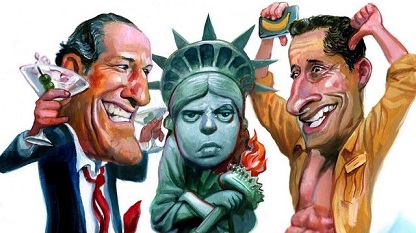
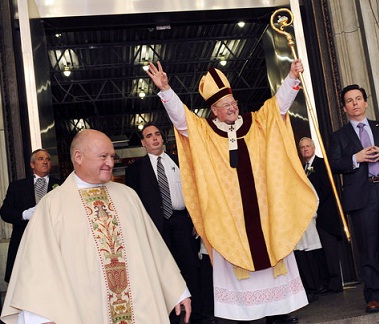

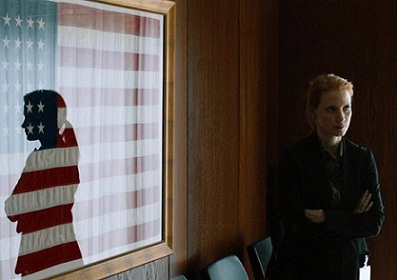

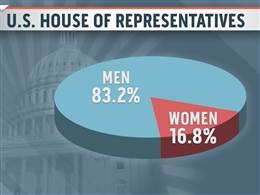

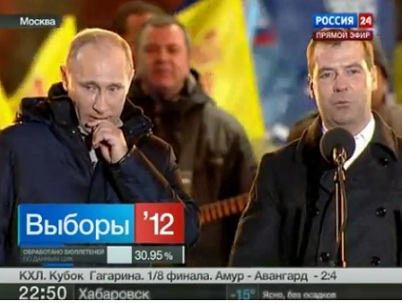




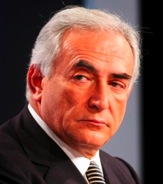

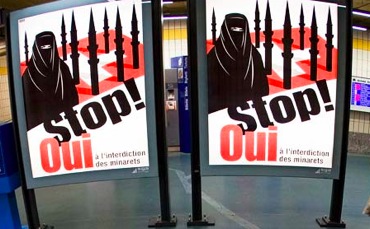
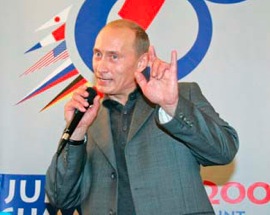


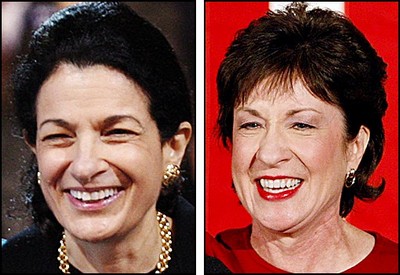 .
.



